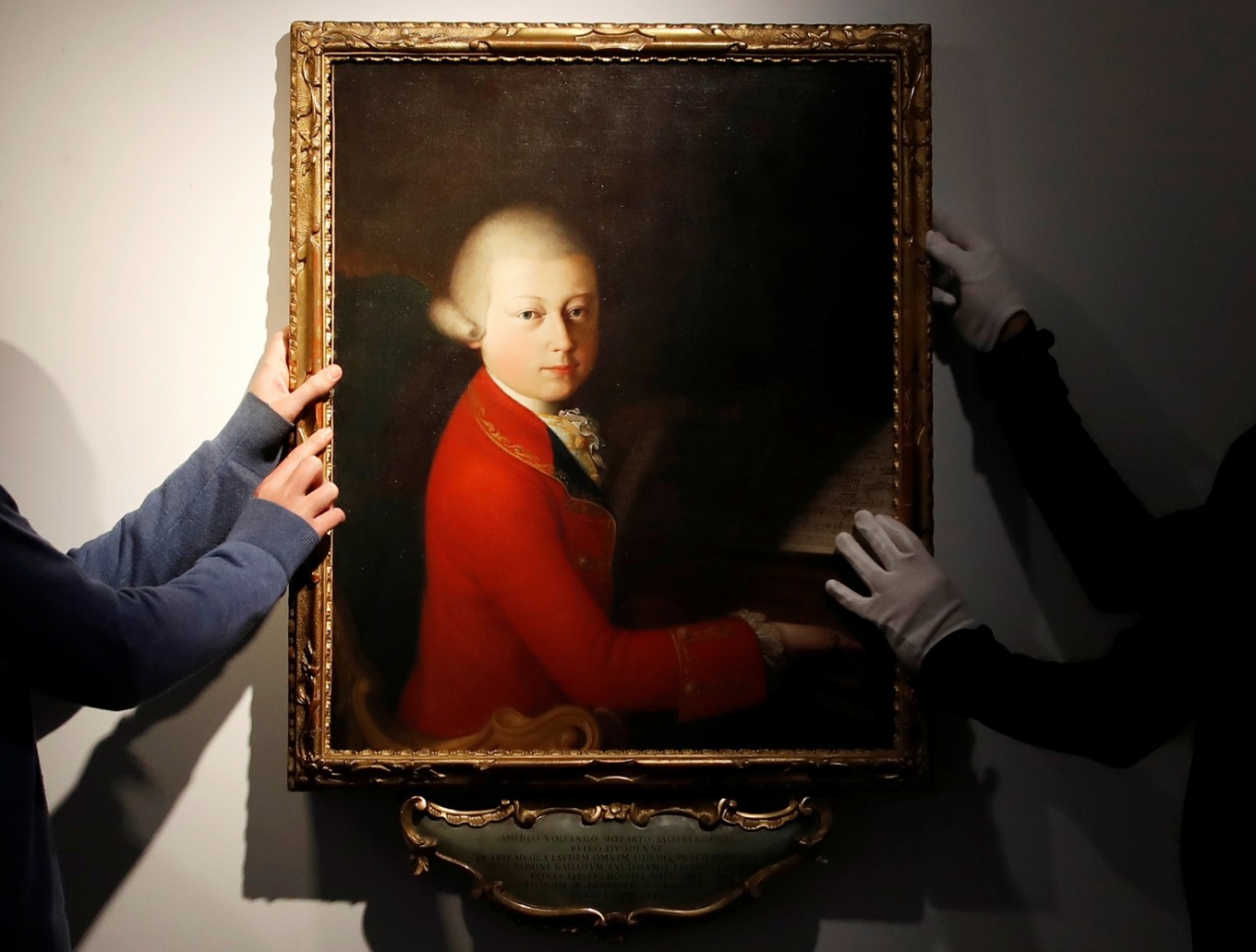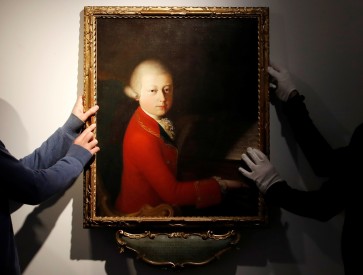Popular Reads
Top Results
Can't find what you're looking for?
View all search resultsPopular Reads
Top Results
Can't find what you're looking for?
View all search resultsMozart sonata can calm epiletic brain: Study
The research on 16 patients hospitalised with epilepsy that did not respond to medication has bolstered hopes that music could be used for new non-invasive treatments.
Change text size
Gift Premium Articles
to Anyone
A
Mozart sonata that can calm epileptic brain activity may get its theraputic power thanks to melodies that create a sense of surprise, according to a study published Thursday.
The research on 16 patients hospitalised with epilepsy that did not respond to medication has bolstered hopes that music could be used for new non-invasive treatments.
"Our ultimate dream is to define an 'anti-epileptic' music genre and use music to improve the lives of those with epilepsy," said Robert Quon of Dartmouth College who co-authored the study published in Scientific reports.
Mozart's Sonata for Two Pianos in D Major K448 is known for its effects on cognition and other brain activity, but researchers are still seeking to understand why.
In this study, scientists played the piece for patients equipped with brain implant sensors to monitor the occurrence of IEDs -- brief but harmful brain events suffered by epileptics between seizures.
They found IEDs decreased after 30 seconds of listening, with significant effects in parts of the brain associated with emotion.
When they compared the response to the structure of the work, they found the effects increased during transitions between longer musical phrases -- ones that lasted ten seconds or more.



















